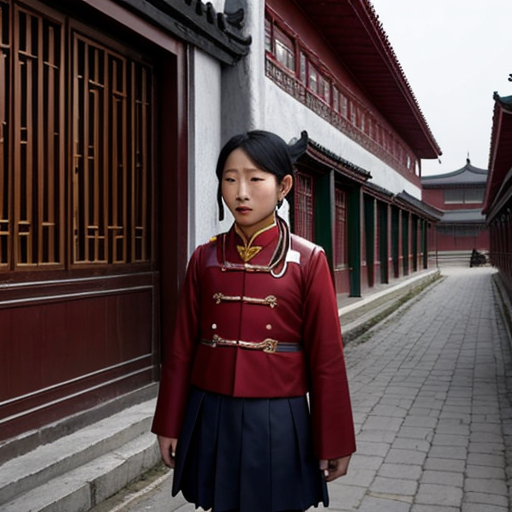10. March 2024
How China's boarding schools are silencing Tibet’s language

How China’s boarding schools are silencing Tibet’s language
Tibetan educational sociologist Gyal Lo can speak Mandarin Chinese fluently. He would prefer not to use the language of people he identifies as colonial oppressors. Beijing says these reforms give Tibetan children the best possible preparation for their adult lives. But he believes Beijing’s real aim is to undermine the Tibetan identity.
Chinese government has closed village schools and expanded use of boarding schools. Campaigners estimate that 80% of Tibetan children - perhaps one million pupils - are now taught in boarding schools, from pre-school-age onwards. In a statement to the BBC, the Chinese embassy in London said this policy was necessary. Tibetan teenager says she missed her family when she was at boarding school.
She has since fled Tibet and now lives in India. Opponents say this kind of schooling creates psychological trauma for children who are forcibly separated from their families, who are pressured to send their children away. Dr Gyal Lo has his own story, about two of his grandnieces who were sent away to boarding school when they were just four and six. After observing them at a family dinner, he realised that they felt awkward speaking their mother tongue.
It prompted the sociologist to visit 50 Tibetan boarding schools to see if other children were the same. Tibetan language replaced as the main language of tuition in Chinese schools. Children were taken away from their families in a process of assimilation. The Chinese embassy said ethnic minorities in China had the freedom to use and develop their own spoken and written languages.
But the student the BBC spoke to said only Chinese was encouraged at her school. Parents have the right to send their children to a school that uses the language of their choice, says UN special rapporteur on cultural rights. Professor Alexandra Xanthaki and two other UN rapporteurs wrote a letter to China detailing a series of complaints about its educational reforms in Tibet. Beijing is vigorously resisting the narrative put forward by activists.
It has launched a propaganda campaign to convince the world that its reforms are beneficial. Prof Xanthaki was accused by China of spreading fake news. Dr Gyal Lo has been targeted too. His authority to speak on this issue has been questioned in Chinese state media.
He remains undeterred, if pessimistic, about the future for Tibetan language and culture. He says: “Our children are becoming an alienated generation. Many will not be able to fit in either Chinese society or Tibetan society” He says the region’s young people are becoming alienated from each other.